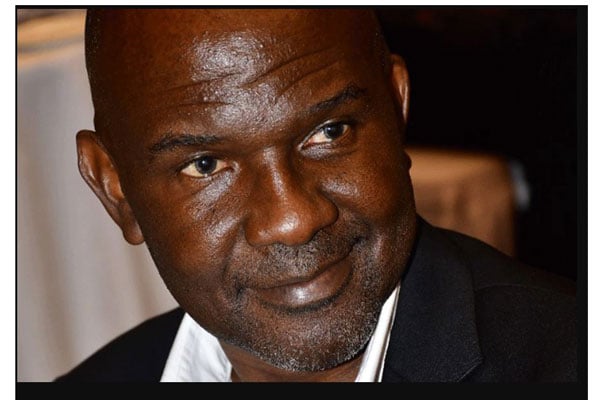How Covid-19 has threatened the future of policy science

The Covid-19 pandemic has some major implications for the future of policy science. Listening to President Museveni disown most of the measures he reads to prevent Covid-19 as ‘decisions of the scientists’ (that sometimes you see is painfully passed) says a lot about the challenges of public policy in times of pandemic.
Policy scientists will look back, perhaps in dismay as they remember these times and some of the decisions that were made to protect life and ironically, their costs to life.
We are beginning to emerge from the lockdown. Looking back since March, some of the decisions that have been made are interesting to think through with a public policy lens. Many of these policy positions were driven by the need to prevent Covid-19.
It is understandable that circumstances are such that policy processes cannot be followed, but coherent policy positions could have still been achieved. Many of the decisions defy common sense. Ugandans are getting used to the idea that schools remain closed. Some will be happy that government will buy radio sets for households to enable children study.
Of all the decisions made during this season, the one of buying radios and its implications for the next academic year is hard to believe, if what we hear is true. When the President said, ‘the government has decided to distribute these masks free of charge to all Ugandans of six years and above,’ it seemed like a joke, until I saw some ministers going around launching the distribution of free masks.
So, some billions were quickly gathered to buy masks for households. It is emerging, that to date, some areas are still living on the rumours while some have been given two masks per household, maybe to share since they are not enough. The process of distribution alone could spread Covid-19.
Just as I was getting used to the decisions on radio and free masks, we woke up to the news of scientific elections. Well, since science says so, those in Electoral Commission cannot imagine how practical a scientific election would be. What Covid-19 has effectively done is dismember the state-market-society-spaces.
For long, we were told that the State is bad at business, the market is the driver of the economy and society interacts with these in ways that enables it to thrive. Maybe now is a good time to think through this relationship to safeguard us in future.
I am looking forward to having the Electoral Commission unpack the concept of ‘scientific elections’ and the indicators of a free and fair election in those circumstances with ways to seek redress.
Just the other day, the government realises that in order for children to learn through radio, they need to provide those radio sets free of charge because majority of Ugandans do not own radio or television sets. The day after government realised that the population is unlikely to afford masks, and therefore must provide these. In essence, the government is admitting serious market failure, which is normal in the circumstance.
The question is, how can this population that cannot afford a radio so that their children can learn or buy masks be ready for scientific elections without reconsidering the voting population? Many leaders around the globe are now wondering if they stretched too far or if the threats of Covid-19 were exaggerated and leaders panicked. Many countries did not even try to understand the measures and how they could work in their different contexts.
Covid-19 is teaching us that in the end, there is no such thing as a global problem. There is always a national problem to the extent that the solutions must emerge from the national systems for the most part, even if IMF/World Bank is bankrolling it. A government that looks at what the neighbour is doing before responding is bound to make huge mistakes.
Hopefully, policy science will wake up and push for a multidisciplinary approach to dealing with post-lockdown. Otherwise soon there will be a policy crisis and deeper loss of faith in government decisions.
Ms Maractho is the head and senior lecturer, Department of Journalism and Media studies at UCU.
[email protected]




